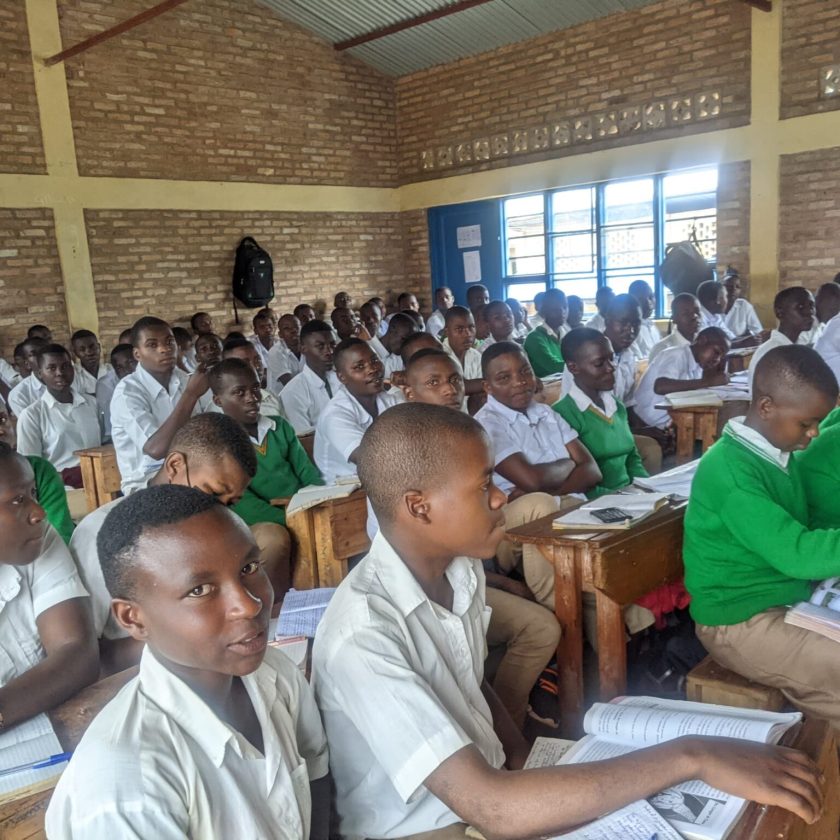To curb sexual violence, the Rwandan government and justice system introduced a new development of publicly publishing the names of all individuals convicted of rape or defilement. This was not only intended to strengthen but also to supplement the current policies and measures in place.
However, despite various measures put in place to combat such crimes, there has been an increase in the number of people committing sexual offenses, according to the sex offender registry published by the National Public Prosecution Authority (NPPA).
The first registry was released in October 2021, containing the names and identities of people who had been convicted of sex offenses. It had 322 criminals, 315 of whom were male and seven were female.
The number of convicts showed an increase of 602 sex offenses in the offender registry, last updated in December 2022, of which 5 were female and 597 were male, making a total of 924 convicts registered in two years.
The list of convicts is regularly released by the prosecution and is available to the public at all times; however, the sex offender registry has not been updated yet.
Faustin Nkusi, the spokesperson for the prosecution, said, “Publishing the names of convicted sex offenders aims to discourage and deter others from committing the same crimes, as well as to prevent the convicted person from repeating the same offenses.”
According to the World Health Organization, globally, one in three women, totaling around 736 million, are subjected to physical or sexual violence by an intimate partner or to sexual violence from a non-partner.
According to Rwanda Investigation Bureau (RIB), figures, defilement cases increased by 55 per cent from 4,099 cases in 2019/2020 to 5,033 cases in 2020/2021.
‘We need more’
Activists say when it comes to sexual violence, more is needed to fight these crimes as a sex offender registry alone can’t reduce the occurrence.
Cecile Umuhoza, a women’s rights activist said, “I believe the sex offender registry will help in reducing the crimes but its impact will be minimal.”
People who look at others as sexual objects to be desired before looking at them as human beings with a body, mind, and soul that can be damaged either physically, psychologically, or spiritually are the problem, she added.
“Let us start teaching our boys and girls to develop likable behaviour and healthy relationship rules from a very young age, instead of relying on power or physical strength. Secondly, let’s overhaul the rape reporting system and make it offender-focused,” Umuhoza said.
She also said there is a need to turn tables around and come up with legal systems and processes that will force ‘stronger’ people either physically, with higher authority or better financial positions than others, to understand that there will be consequences for their acts, behaviour, attitude immediately after they’re reported to have behaved inappropriately, they must learn to be cleaner than clean.
Chantal Umuhoza, a feminist, noted that the main purpose of having a sex offender registry is not directly to reduce sex offenses, it serves the purpose of making the information available for the public to make informed decisions on engaging with offenders and for social/community accountability.
“Reducing sex offenses relies primarily on preventive measures, including education throughout people’s life course, and on addressing structural and systemic barriers that perpetuate and reinforce unequal gender and power dynamics,” she said.
Today we are seeing women accused of sex offences contrary to the past years, when women were not talked about as men regarding sexual violence.
“Sexual violence can be committed by anyone irrespective of their sex or gender, due to the facilitation of power dynamics, sex offenses by men have always been socially and structurally normalised which makes sex offenses by women be perceived as unusual.”
The number of women convicted of sex offences only shows that there are improved ways of reporting, more awareness, and change in power dynamics to some extent.
SOURCE:TNT





